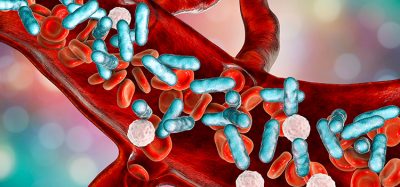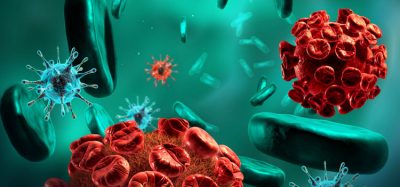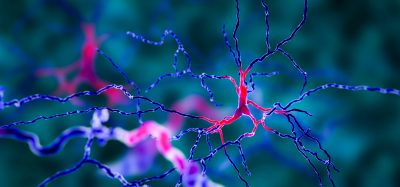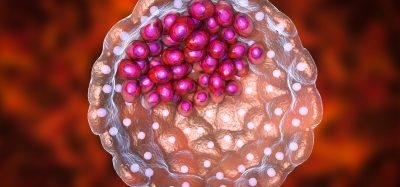Dual antibodies effective against SARS-CoV-2 variants in animal study
Posted: 22 June 2021 | Victoria Rees (Drug Target Review) | No comments yet
In mice and hamsters, therapies made from two antibodies were found to be mostly effective against a range of SARS-CoV-2 variants.
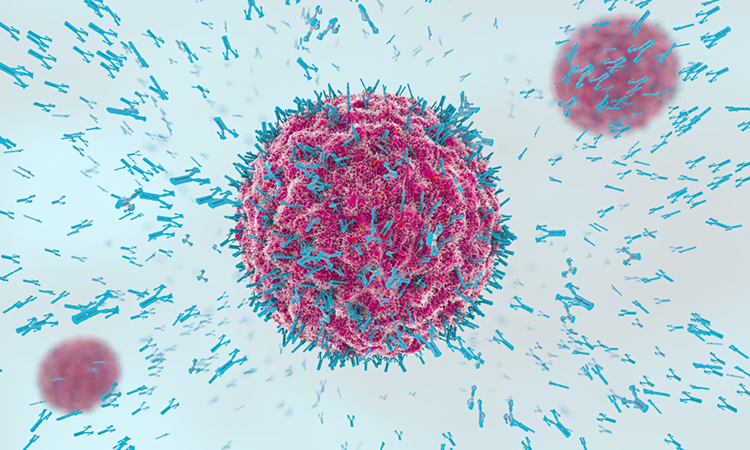
New research at Washington University School of Medicine in St Louis, US, suggests that many, but not all, therapies made from combinations of two antibodies are effective against a wide range of SARS-CoV-2 variants. Furthermore, combination therapies appear to prevent the emergence of drug resistance.
The study, in mice and hamsters, tested all single and combination antibody-based therapies authorised for emergency use by the US Food and Drug Administration (FDA), or that are being evaluated in late-stage clinical trials, against a panel of emerging variants of SARS-CoV-2.
The findings suggest that COVID-19 drugs made of two antibodies often retain potency as a therapy against variants even when in vitro studies indicate that one of the two antibodies has lost some or all ability to neutralise the variant.
“We knew how these antibodies were behaving in vitro, but we do not give people drugs based solely on cell culture data,” said senior author Dr Michael Diamond. “When we looked in animals, there were some surprises. Some of the combinations performed better than we thought they would, based on in vitro data. And there was no drug resistance to combinations whatsoever, across all of the different variants. We are going to have to continue to monitor the effectiveness of antibody therapy as more variants arise, but combination therapy is likely needed for treating infections with this virus as more variants emerge.”
At the time this study began, there were two dual-antibody combination therapies and a single antibody therapy authorised by the FDA for emergency use. The FDA withdrew authorisation for the single antibody therapy, bamlanivimab, on the grounds that it was not effective against the variants circulating at that time. In May, the FDA authorised the single antibody sotrovimab as a treatment for COVID-19.
The researchers evaluated antibodies corresponding to the FDA-authorised ones made by Eli Lilly, Regeneron and Vir Biotechnology/GlaxoSmithKline (GSK), as well as the antibodies currently under development by AbbVie, Vir and AstraZeneca that are in clinical trials.
The researchers tested the antibodies against a panel of virus variants containing key mutations in their Spike (S) protein genes, which the virus uses to invade cells. All monoclonal antibody (mAb)-based COVID-19 therapies work by interfering with the interaction between S protein and cells.
The panel included mutations found in three of the four variants that have been designated “variants of concern” – Alpha (first identified in the UK), Beta (South Africa) and Gamma (Brazil) – as well as an emerging variant from India similar to the Delta variant of concern. They also tested variants from New York and California.
The researchers evaluated the antibodies in hamsters and two strains of mice. They first gave the animals antibodies – singly or in the same combinations in which they are given to treat patients – a day before infecting them with one of the virus variants. The researchers monitored the animals’ weight for six days and then measured the amount of virus in their noses, lungs and other parts of the body.
Although some single antibodies showed reduced or no ability to neutralise virus variants in a dish, low doses of most of the antibody combinations protected against disease caused by many of the variants. The researchers sequenced viral samples from the animals and found no evidence of drug resistance in viruses from any of the animals that had been treated with combination therapies.
“Dual therapy seemed to prevent the emergence of resistant viruses,” said co-author Dr Jacco Boon. “Resistance arose with some of the monotherapies, but never with combination therapy.”
Since antibody-based COVID-19 therapies are primarily used to treat people who already are infected, the researchers also evaluated how well the antibody combinations performed when given after infection. The antibody cocktails corresponding to those from AstraZeneca, Regeneron and Vir were all effective at reducing disease caused by the Gamma variant; the one from AbbVie only was partially protective and the one from Lilly showed no efficacy at all.
“It is going to be useful going forward to understand how these mAbs are going to behave as variants continue to emerge,” said Diamond. “We need to think about and generate combinations of antibodies to preserve our ability to treat this disease.”
The study was published in the journal Nature.
Related topics
Antibodies, Immunology, In Vivo, Protein, Proteomics, Therapeutics, Translational Science
Related conditions
Covid-19
Related organisations
AbbVie, AstraZeneca, Eli Lilly, GlaxoSmithKline (GSK), Regeneron, US Food and Drug Administration (FDA), Vir Biotechnology, Washington University School of Medicine in St. Louis
Related people
Dr Jacco Boon, Dr Michael Diamond




